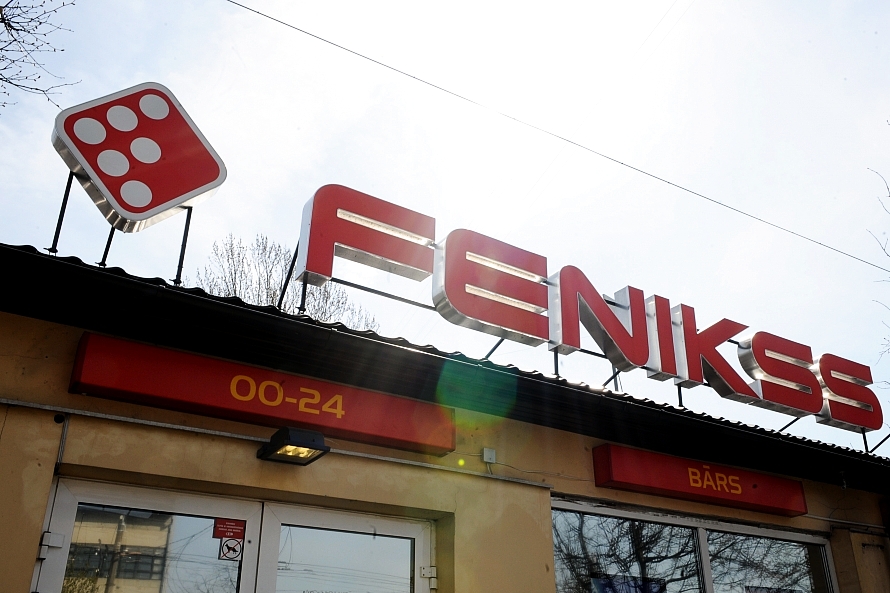While hitherto there has been no research on the scale of the gambling problem among Latvia's residents, judging from other countries' data more than 13,000 adults in Latvia (about 1% of the adult population) might be addicted to gambling, with five times that being part of a group that's under increased risk to become addicted.
Gambling houses are a familiar sight in the country and are inevitably accompanied by the vicious circle-forming offices of pawnshops and payday loan companies next door, as a visit to any regional center of Latvia would prove.
Andrejs (name changed), a young man who spoke to De Facto, estimates he has gambled away close to €400,000 within the past twenty years. He has borrowed and stolen to fund his habit. He said payday loan companies have been very forthcoming in the past, despite that he had no legal source of income.
Andrejs has submitted an application that would prevent him from gambling. De Facto accompanied him to several gambling houses, presenting his ID to apply for a customer card. In only one of them he was turned away after being notified he can't receive a customer card.
"As long as the law doesn't clearly say the [gambling houses] must prevent opted-out clients from visiting...we have nothing else to do," said Signe Birne, the head of Latvia's gambling authority.
When someone opts out, it's the job of Birne's institution to notify gambling houses to bar them from attending.
Meanwhile the representatives of the gambling houses say they want the addicts themselves to shoulder the burden of responsibility.
"I'd like to say that our company SIA DLV [representing the Zilais Dimants gambling houses]...supports the introduction of entry upon presenting ID. But that should be paired with a defined law and an environment that has responsibility for the organizer, the state and the person who has entered [themselves] in the said list," said Guntis Lībers.
The extent of gambling in Latvia is not yet known, but Health Ministry research is underway with the goal of learning more about people's gambling habits by year-end.
Nevertheless the self-imposed bans work in online gambling, where players are not anonymous; it's the same case for competitive games which require ID checks as well.
The turnover of the gambling industry was €243 million last year, with slot machines accounting for €196 million, interactive gambling activities for €28 million and gambling tables for €17 million of the turnover.




























